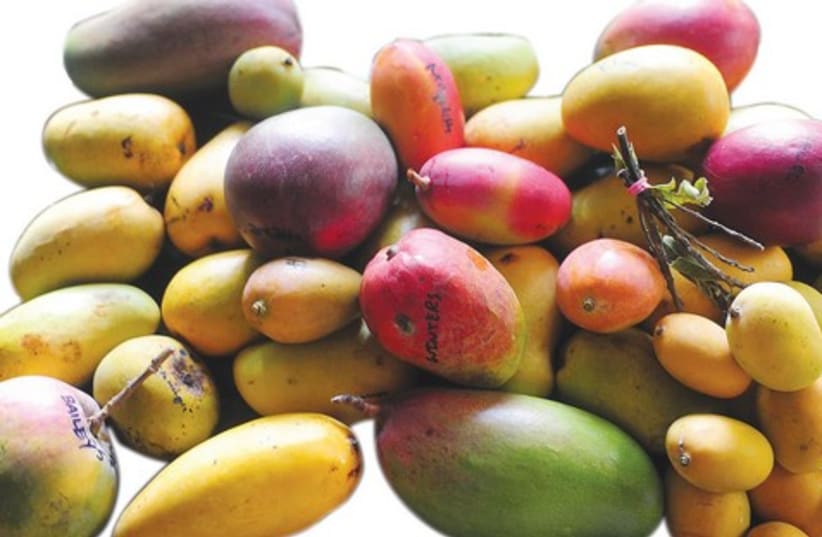Q. I have been a migraine sufferer most of my adult life (I am now 49) and have tried acupuncture, conventional medication with my GP who has also checked that there are no underlying conditions, and I’ve personally identified trigger foods including alcohol, chocolate, citrus fruit and caffeine. Are there any other alternatives that you could suggest?A. I am delighted that you have worked closely with your GP and been your own detective, finding out what foods precipitate an attack. Nutritional deficiencies too can play a significant role in the development of migraines, especially essential fatty acids (oily fish, flax seed, hemp oil) and the mineral magnesium (green leafy vegetables), so do ensure your diet is rich in these nutrients.There are many natural approaches to healing migraines. One of which is addressing the issue from a structural option. I would suggest a gentle, holistic and non-invasive approach to assess your condition such as Bowen or cranial osteopathy. Bowen views the individual as an integrated biodynamic system and treats the body with a series of gentle moves to restore balance. In the case of migraine, particular attention is paid to the cervical spine and cranial release points resulting in sufferers experiencing reduced muscular and nervous tension and hence a reduction in the physical migraine-causing symptoms. Cranial osteopathy is a subtle type of osteopathic treatment that aids the release of tension held in the head and throughout the entire body. A cranial osteopath will be able to assess your general condition and the tone of the tissues, especially those of the pelvis, diaphragm and base of the skull using a very gentle, refined touch.Herbal medicine has been effectively treating migraines for centuries and doesn’t have the side effects of conventional painkillers. One of the most popular botanicals traditionally used for migraine headaches is Feverfew (Tanacetum parthenium). It grows in the garden during summer and a fresh leaf a day taken as a tea. I have found this to be effective in helping chronic cases of migraine, but it can take a few months to take full effect. Contraindicated for pregnant or breastfeeding women, and for those people allergic to Feverfew or related plants such as Chrysanthemums, marigolds or daises.This column is brought to you as general information only and unless stated otherwise is not medical advice nor is it based on medical experiments. This column is not a substitute for medical advice or treatment for specific medical conditions. For more information about specific problems, please contact a doctor.Natalie runs a clinic both in Tel Aviv and Jerusalem offering a wide range of natural treatment, including a women’s clinic every Wednesday. Healing is achieved using homeopathy, reflexology, massage, flower remedies and nutritional wisdom.To make an appointment please email nateopath@gmail.comAsk Natalie: If you have a health query and would like an alternative answer then email Natalie with your question at nateopath@gmail.com.
Alternatively Speaking: A healthy start to the day
Alternative medicine expert Natalie Marx answers your questions: Any natural alternatives to preventing colon polyps? Any healthy breakfast ideas?

Q. I have been a migraine sufferer most of my adult life (I am now 49) and have tried acupuncture, conventional medication with my GP who has also checked that there are no underlying conditions, and I’ve personally identified trigger foods including alcohol, chocolate, citrus fruit and caffeine. Are there any other alternatives that you could suggest?A. I am delighted that you have worked closely with your GP and been your own detective, finding out what foods precipitate an attack. Nutritional deficiencies too can play a significant role in the development of migraines, especially essential fatty acids (oily fish, flax seed, hemp oil) and the mineral magnesium (green leafy vegetables), so do ensure your diet is rich in these nutrients.There are many natural approaches to healing migraines. One of which is addressing the issue from a structural option. I would suggest a gentle, holistic and non-invasive approach to assess your condition such as Bowen or cranial osteopathy. Bowen views the individual as an integrated biodynamic system and treats the body with a series of gentle moves to restore balance. In the case of migraine, particular attention is paid to the cervical spine and cranial release points resulting in sufferers experiencing reduced muscular and nervous tension and hence a reduction in the physical migraine-causing symptoms. Cranial osteopathy is a subtle type of osteopathic treatment that aids the release of tension held in the head and throughout the entire body. A cranial osteopath will be able to assess your general condition and the tone of the tissues, especially those of the pelvis, diaphragm and base of the skull using a very gentle, refined touch.Herbal medicine has been effectively treating migraines for centuries and doesn’t have the side effects of conventional painkillers. One of the most popular botanicals traditionally used for migraine headaches is Feverfew (Tanacetum parthenium). It grows in the garden during summer and a fresh leaf a day taken as a tea. I have found this to be effective in helping chronic cases of migraine, but it can take a few months to take full effect. Contraindicated for pregnant or breastfeeding women, and for those people allergic to Feverfew or related plants such as Chrysanthemums, marigolds or daises.This column is brought to you as general information only and unless stated otherwise is not medical advice nor is it based on medical experiments. This column is not a substitute for medical advice or treatment for specific medical conditions. For more information about specific problems, please contact a doctor.Natalie runs a clinic both in Tel Aviv and Jerusalem offering a wide range of natural treatment, including a women’s clinic every Wednesday. Healing is achieved using homeopathy, reflexology, massage, flower remedies and nutritional wisdom.To make an appointment please email nateopath@gmail.comAsk Natalie: If you have a health query and would like an alternative answer then email Natalie with your question at nateopath@gmail.com.